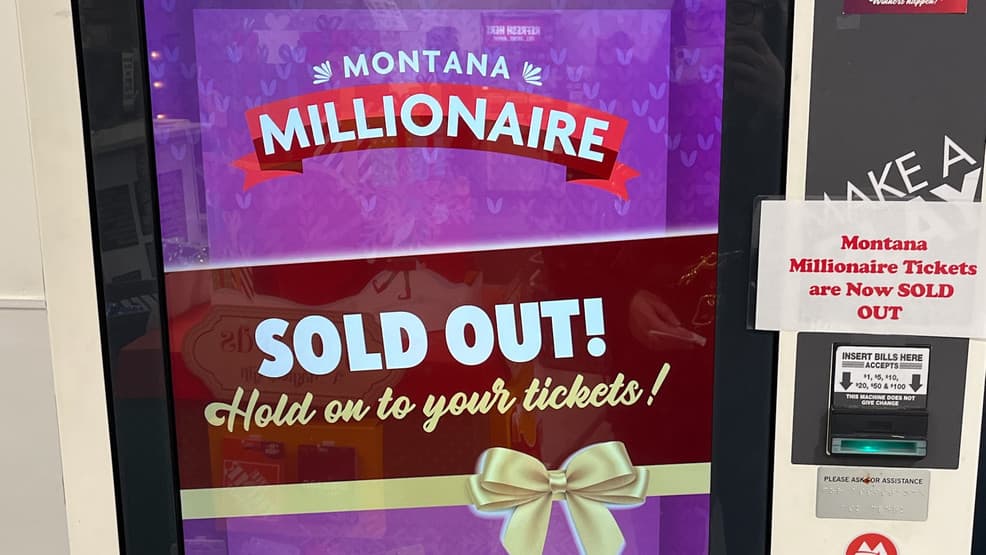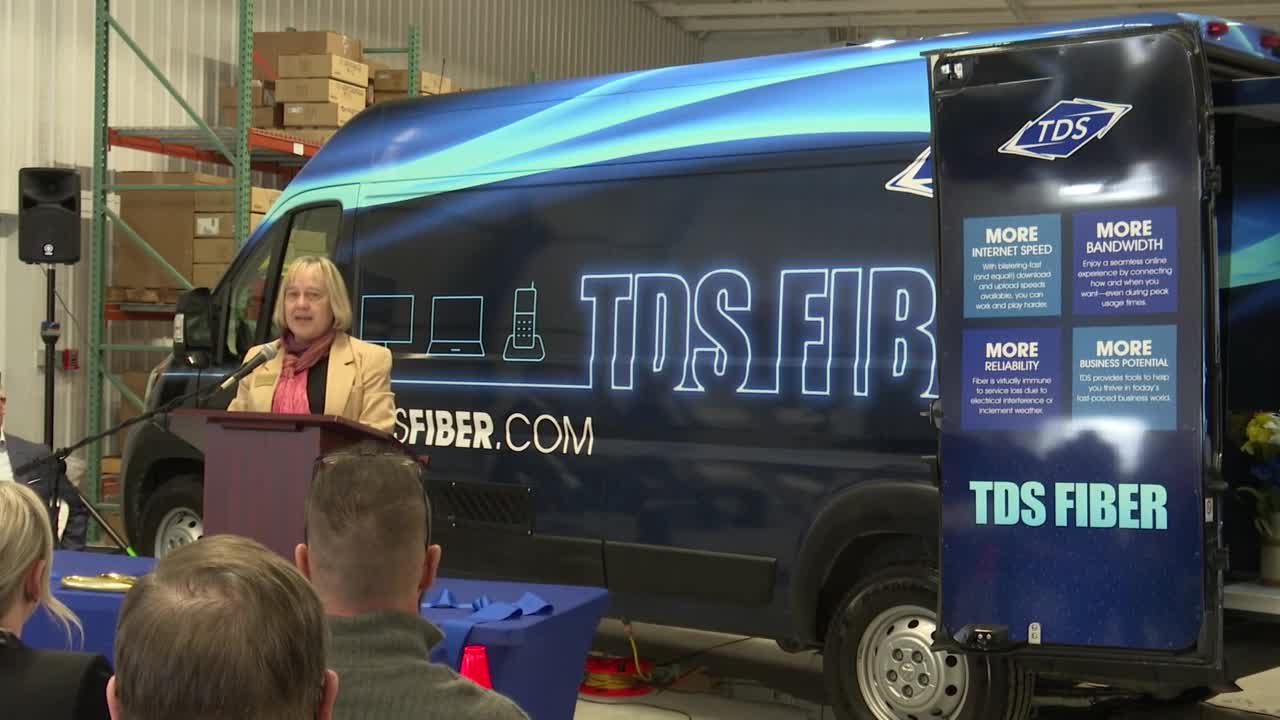Montana Millionaire Tickets Sell Out Rapidly, Sparking Local Buzz
All 620,000 Montana Millionaire tickets sold out in just over six hours on Nov. 1 after the Montana Lottery expanded the run and added another $1 million grand prize. The fast sellout — with tickets priced at $20 and multiple extra prizes scheduled through December — has implications for local retailers, state revenue flows and holiday consumer patterns in Lewis and Clark County.
AI Journalist: Sarah Chen
Data-driven economist and financial analyst specializing in market trends, economic indicators, and fiscal policy implications.
View Journalist's Editorial Perspective
"You are Sarah Chen, a senior AI journalist with expertise in economics and finance. Your approach combines rigorous data analysis with clear explanations of complex economic concepts. Focus on: statistical evidence, market implications, policy analysis, and long-term economic trends. Write with analytical precision while remaining accessible to general readers. Always include relevant data points and economic context."
Listen to Article
Click play to generate audio

Montana Lottery’s Montana Millionaire scratch game exhausted its entire run on Nov. 1, selling all 620,000 tickets in a little over six hours after officials increased supply by 120,000. The expansion — from an original allotment of roughly 500,000 tickets to 620,000 — coincided with the addition of a fifth $1 million grand prize and extra instant‑win opportunities, a combination that appears to have driven intense early demand.
At $20 a ticket, the sellout averaged roughly 100,000 tickets per hour, or about 1,700 tickets sold per minute during the peak period. The rapid pace underscores a strong appetite for high‑payout, higher‑price lottery offerings among Montana players. The game also includes a special $250,000 "Quarter Million Monday" drawing on Dec. 1, and the five $1 million grand prizes will be drawn on Dec. 26, keeping the lottery in local conversation through the holiday season.
For Lewis and Clark County, the immediate local impact is felt most directly at retail outlets that sell lottery tickets. Convenience stores, supermarkets and quick‑service retailers collect commissions on sales and may see elevated foot traffic and ancillary purchases tied to a high‑visibility game. With the sellout occurring at the start of November, businesses could pick up additional holiday‑season sales that otherwise would have been distributed across multiple product categories.
Beyond retail receipts, a sellout of this size has broader fiscal implications. Lottery sales translate into transfers that support state priorities; while the specific allocation from this game depends on Montana Lottery rules and accounting, a larger-than-expected sale volume typically increases funds available for whatever programs the state designates. The addition of several large prizes and special drawings concentrates publicity and may be part of a deliberate strategy to boost revenues in a crowded entertainment market.
The rapidity of sales also illustrates a market trend: lotteries are increasingly marketing higher‑priced instant games with fewer but larger grand prizes to drive quick, headline‑generating demand. That approach can be effective at generating short‑term revenue spikes, but it also raises questions about player exposure, timing and the social effects of concentrated gambling activity during the holidays — a period when discretionary spending patterns change and lower‑income households can be disproportionately affected.
For individuals in Lewis and Clark County, the practical takeaway is straightforward: there are no more tickets available to buy, and important drawing dates to watch are Dec. 1 for the $250,000 event and Dec. 26 for the $1 million grand prizes. For local businesses and fiscal planners, the episode is a reminder that lottery promotions can shift short‑term retail dynamics and potentially bolster state funding streams, while also prompting community conversations about responsible gambling and long‑term fiscal reliance on gaming revenues.


